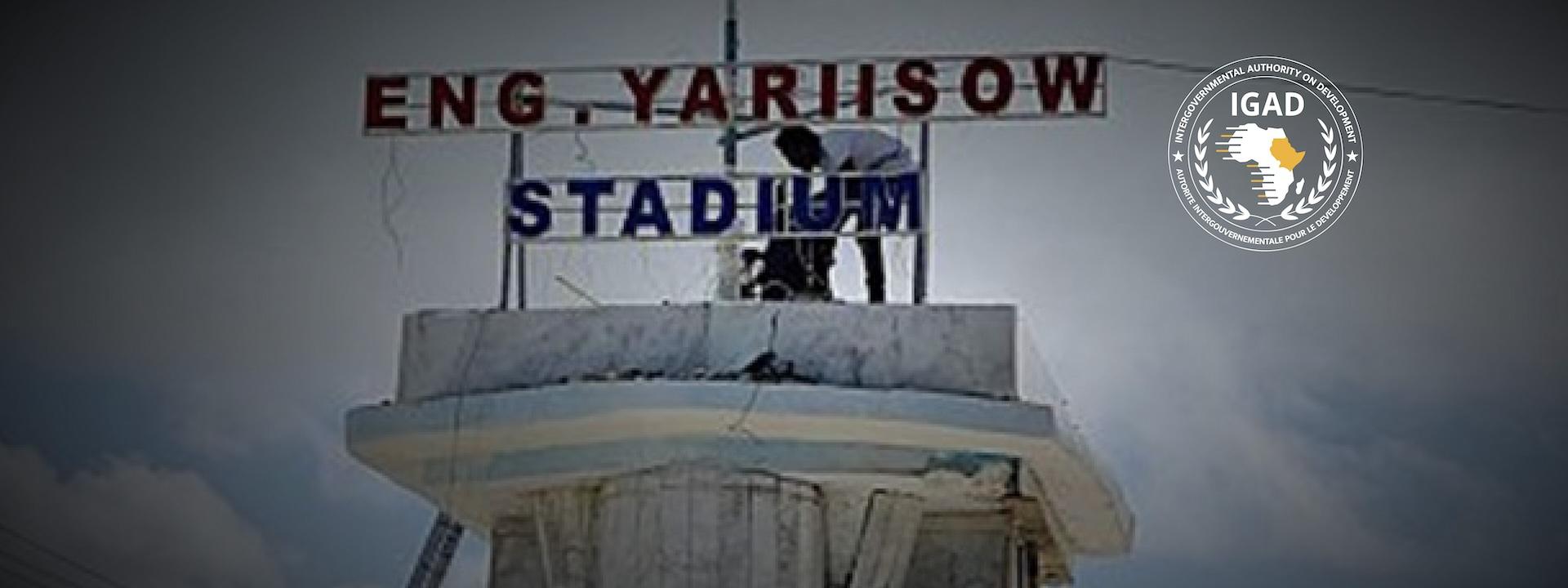Prioritising civilian lives in the fight against terrorism
As early as 2012, the Madrid Declaration explicitly called on states to guarantee the rights of victims of terrorism while providing them with the required protection and assistance. In 2017, the United Nations General Assembly adopted the date of 21 August as the “International Day of Remembrance and Tribute to the Victims of Terrorism.”
The commemoration of this day is of particular importance for the countries of the African continent located along the Sahara-Sahelian Belt, which are on the front line in the global fight against terrorism.
Beyond its strictly memorial dimension, the commemoration of 21 August offers us the occasion to recall the central responsibility of states in protecting civilian populations within their respective territories while providing the necessary assistance to victims of terrorism.
In the IGAD region, terrorists have made Somalia one of their targets, waging an all-out war on the institutions of the federal state and Somali citizens. On this day of remembrance, these few lines are dedicated to the memory of all the direct and indirect victims of terrorism.
Let us never forget the memory of some of these heroic figures who, in Somalia, committed themselves with conviction to the point of supreme sacrifice in order to free their fellow citizens from the blackmail and diktat of terrorists.
Let us never forget, in particular, the late and young mayor of Mogadishu, Abdirahman Omar Osman, alias ‘Engineer Yariisow,’ who was assassinated in the middle of the municipal council with ten of his colleagues in the suicide attack of 24 July 2019.
It was in 2018 that I met him for the first and last time during a workshop that our regional counter-terrorism programme convened in the city of Jijiga, in southeastern Ethiopia, for Somalia’s youth organisations.
The late mayor of Mogadishu and his friend, the parliamentarian Yusuf Mohamed Duxulow, are among those Somali citizens who proactively committed themselves to ensuring that their country had a real strategy to combat terrorism. The sacrifices and efforts of the late Engineer Yariisow will not have been in vain. On 31 July 2024, the Somali federal executive finally adopted the first-ever national strategy to combat violent extremism.
In the wake of the adoption of this strategy, the terrorists committed yet another massacre of civilians at the famous Lido Beach in Mogadishu on the night of Friday, 2 August 2024. This mass killing is part of a long list of terrorist crimes perpetrated since 2009 against Somali civilians. All suicide attacks in Somalia almost exclusively target vulnerable populations.
The Somali capital holds the deadliest record of any African metropolis most exposed to terrorist attacks. On 14 October 2017, Mogadishu was targeted by a terrorist attack of unprecedented destructive scale on the continent. By systematically targeting Mogadishu, terrorists tirelessly pursue two strategic objectives:
- Systematically erasing more than a thousand-year-old Islamic heritage of Mogadishu, with the aim of imposing their false historical and religious narrative on the new generation of Somalis;
- Permanently challenging the institutions of the federal state in order to weaken its capacities and sabotage every process of reconciliation and reunification of the country.
The United Nations Global Counterterrorism Strategy, adopted in 2006, expressly called on each state confronted and exposed to the threat and risks of terrorism to establish national systems of assistance and protection for civilians in order to respond sustainably to the needs of victims of terrorism and their families. This global anti-terrorism strategy authorises, if necessary, “states to ask competent United Nations entities to help them develop such national systems.” Likewise, the ‘Antalya Memorandum’ relating to the protection of vulnerable targets in the anti-terrorism context urges states to “improve the security and protection of particularly vulnerable targets such as infrastructure and public places, as well as the resilience in the face of terrorist attacks, particularly in the protection of civilians.”
Given the high risks that terrorism constantly poses to the daily lives of civilians in Somalia, strengthening national capacities to coordinate actions to prevent and respond to terrorist attacks remains a central priority. Somalia could make greater use of the multiple international initiatives developed over more than a decade within the framework of the United Nations to develop efficient mechanisms for the protection of civilians in the context of the fight against terrorism.
The protection of civilians in the context of armed conflicts as well as in the fight against terrorism is primarily the responsibility of the state. Both the successes and the setbacks recorded against terrorists can only be measured in terms of the preservation of the security of civilians and their fundamental rights.
Since 2013, the author of these few lines has been in charge of the ‘maritime security and anti-terrorism’ components within the ISSP Regional Programme intended to support the security sector of the member states of the Intergovernmental Authority on Development (IGAD). The views and opinions expressed here are those of the author and do not necessarily reflect the official policy or position of IGAD.
Author:
Daoud Alwan
Head of CT & Maritime Security, IGAD Security Sector Programme
Contact: daoud.alwan@igad.int
- In July 2012 the Spanish government hosted an international conference in Madrid, as a symbolic gesture in reminding the entire world of the terrorist attacks of July 2007 which targeted the Spanish capital. This declaration led to the drafting of ‘The Madrid Memorandum on good practices in assisting victims of terrorism immediately after an attack and during criminal proceedings’.
- Non-binding good practices contained in this document are intended to inform and guide governments, civil society, and the private sector in working together to develop policies, guidelines, programs, and approaches to strengthen the protection of civilians against terrorist attacks.
The late mayor of Somalia’s Capital, Mogadiscio, Abdirahman Omar Osman (1965-2019)



